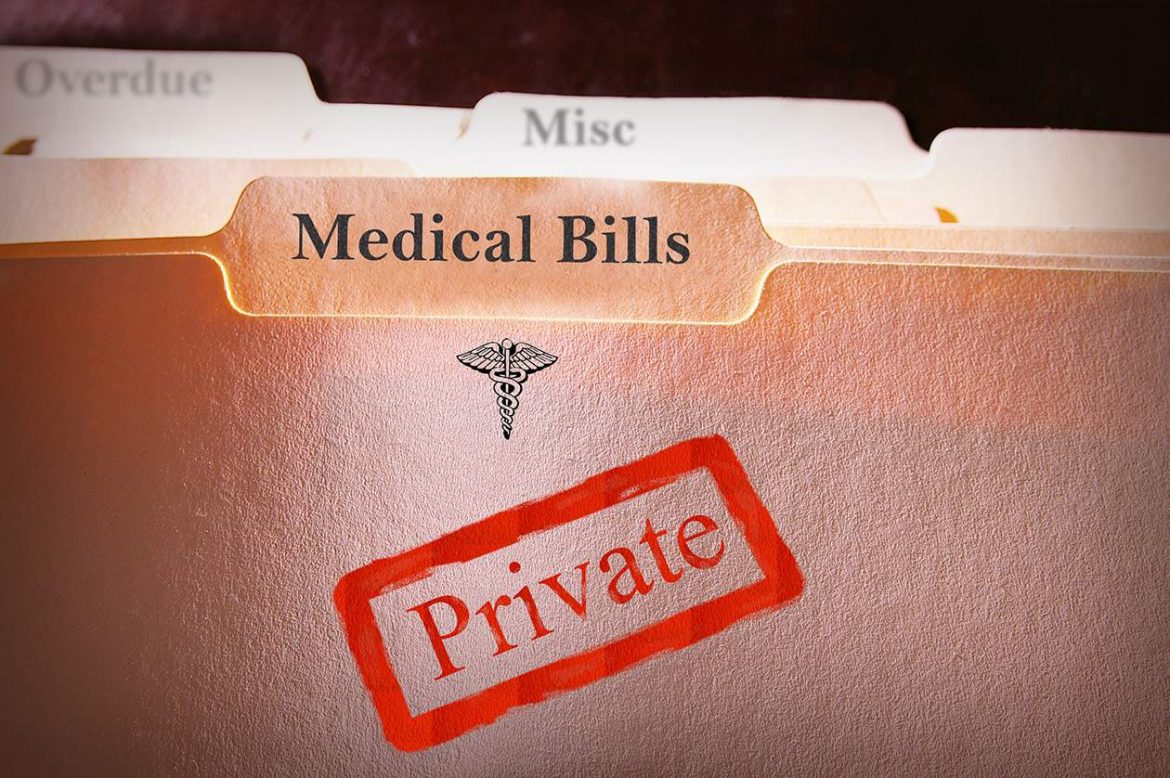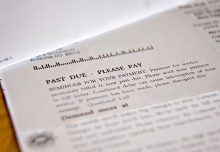Your customers come to you at their most vulnerable. They are sick, injured, or with a loved one who is suffering. When they walk through the doors, they need the care that only you can provide. The cost of that care may be on their minds, but it is secondary to acquiring what they need. After the heat of the moment, they receive bills. Often, it is multiple bills for services rendered from multiple providers, durable medical equipment, diagnostic tests, and more. You send the invoices diligently, but they don’t pay. Sound familiar?
Chasing the Payment
It feels insensitive to send an account to collections when you take a step back and remember that the “account” is a person. A person who required medical care immediately. But, to pay your own bills, you must receive what is due. You send the “account” to collections and hope for the best.
Is this the most productive and compassionate way to retrieve your payment?
Humanizing the Process
It’s important to keep in mind that the person you’re dealing with was in desperate need of your services — potentially lifesaving services — at the time they arrived at your urgent care. They weren’t planning or budgeting for a visit for an emergency. An inability to pay is a problem that impacts both of you.
Perhaps instead of approaching this after-the-fact, it’s better to consider this type of situation proactively. Health care is expensive. Urgent care visits are unpredictable. Patients who are unable to pay their bills are a reality. How can your urgent care business receive payment from patients without pushing them directly into the threat of collections?
Do you offer payment plans for uninsured or underinsured patients? Consider accepting flexible health payment plans, such as CareCredit, so patients have an option to pay over time. When the patient is in your care, have your office manager or social worker discuss their eligibility for programs like Medicare or CHIP. Finding these options before the actual bill hits their mailbox can ease the impact when it does.
Discussing the Bill
A patient who is unable to pay will likely end up on the other end of the phone line. Be prepared to provide and review an itemized bill for every service they received. According to Medliminal, a company that specializes in medical cost containment, there were errors in 99% of medical bills they analyzed in 2018. The most common mistakes include double billing and charges for routine supplies that should not be on the bill.
Review the bill in advance to ensure that the patient has not been billed more than once for a procedure or service. Medical billing codes entered in error can result in charges for services the patient did not receive. Finding errors may reduce the bill to a more manageable amount.
Be prepared to negotiate. If you can negotiate on any of the billed items, be ready for the patient to request assistance. For example, the patient may be able to render payment on time if you can match the Medicare pricing for the services received.
When Debt Collection Is Unavoidable
In some cases, you will be unable to work out the situation, even if you have a plan in place to help patients. When you need debt recovery services, Kinum, Inc. will take a respectful approach that preserves your relationship with your patients. Call (888) 471-0280 or contact us for more information today.



